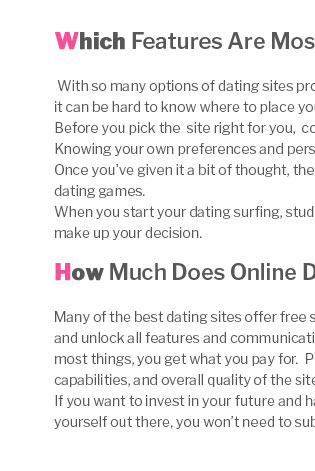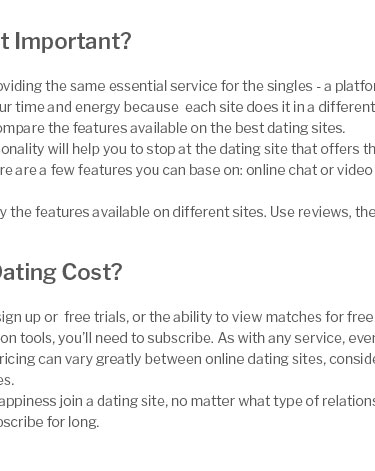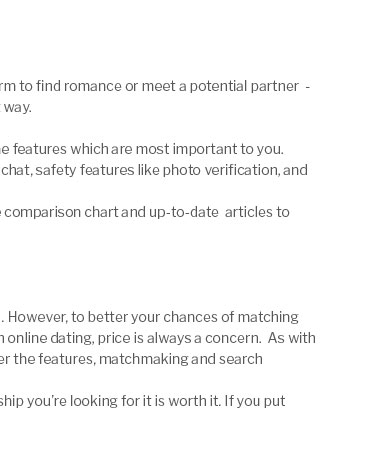 |
 |
|---|
|
|
|
|---|---|
 |
 |
 |
 |
|---|---|
 |
|
 |
|
 |
|
 |
|
 |
|
 |
|
 |
|
 |
|
 |
|
 |
|
 |
|
 |
|
 |
 |
 |
|---|
one night stand parents guide for calm, confident talksUnderstanding the topic and your roleWhat a one‑night stand can meanA one‑night stand is a consensual sexual encounter that typically does not continue into an ongoing relationship. Young people may encounter the idea through friends, media, or dating apps. Your job is to provide clarity, safety guidance, and values without shame.
Lead with empathy; follow with facts. Core messages to emphasizeConsent is ongoingConsent must be enthusiastic, specific, and can be withdrawn at any point. Silence, pressure, or impairment are not consent. Make it normal to ask, listen, and respect “no.” Protection reduces riskBarrier methods lower the risk of sexually transmitted infections and unplanned pregnancy. Talk through how to get protection, store it properly, and use it correctly. Substances change judgmentAlcohol or other substances reduce the ability to consent and to make safe choices. Encourage plans that avoid impairment and include a safe way to exit any situation. A clear exit plan is a safety tool, not a pessimistic mindset. Digital realities and safetyHow online content shapes expectationsSearch results and forums can glamorize casual encounters. If your teen stumbles on pages like one night stand locations, use it as a moment to discuss safety, privacy, and how online narratives rarely show consequences or the full emotional picture. Privacy and boundaries
Pause before you post: if it’s not safe to see on a screen later, don’t send it now. Conversation starters that actually work
Ask open questions, then listen more than you speak. Risk and safety checklist
If you spot enticing search terms like best hookup site toronto, talk through how ads and algorithms push engagement-often at the expense of safety and privacy. If something feels off, leave-explanations can come later. Emotional well‑being and the morning afterNormal feelingsPeople can feel empowered, neutral, awkward, or regretful afterward. All of these are valid. Encourage reflection: Was it aligned with your values? Did you feel respected and safe? When regret shows upRegret can be a teacher, not a life sentence. Suggest journaling, talking to a trusted adult, getting STI testing if needed, and considering what to do differently next time. Self‑compassion supports safer future choices. If your teen discloses a hookup
Connection first; correction second. Myths to replace with facts
FAQ
Key takeaways
Your calm, informed presence is the most protective factor. https://www.imdb.com/title/tt0451465/parentalguide
ECW One Night Stand (2005 TV Special). Parents Guide ... The Sandman (Jim Fullington) pours beer on a woman's cleavage and licks it off. He then pours beer ... https://www.imdb.com/title/tt5358948/parentalguide
One Night Stand (I) (2016). Parents Guide. Add to guide. Showing all 3 items ... Spoilers. The Parents Guide items below may give away important plot points. https://www.imdb.com/title/tt2140619/parentalguide
Two Night Stand (2014). Parents Guide ... A series of scenes at a party where one of the main female characters has clearly had a fair amount to drink and ...
|
|---|